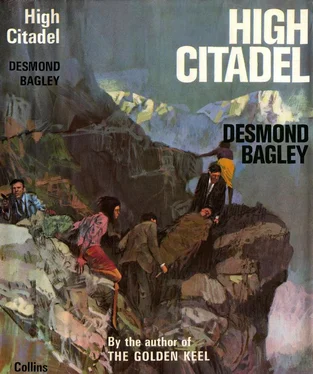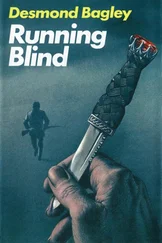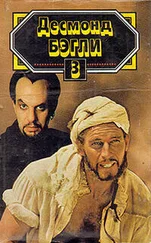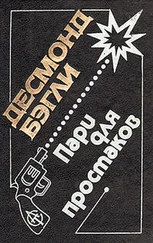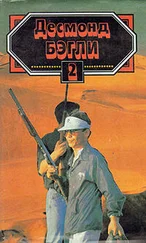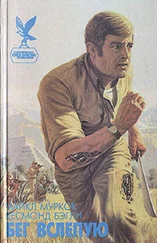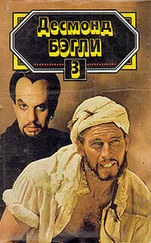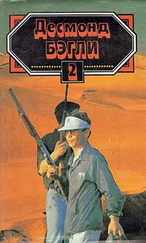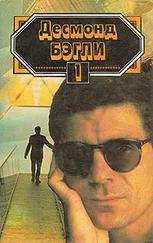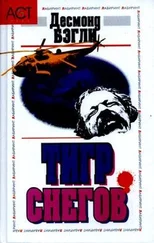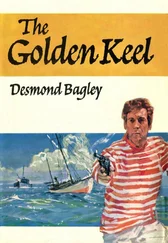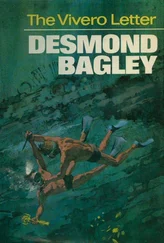Benedetta was silent, not wishing to break the thread of this curious revelation.
Miss Ponsky visibly pulled herself together. ‘Anyway, there I was — a very romantic young girl growing into middle age and rising a little in her profession. I became a headmistress — a sort of dragon to a lot of children. I suppose my romanticism showed a little by what I did in my spare time; I was quite a good fencer when I was younger, and of course, later there was the archery. But I wished I could have been a man and gone away and had adventures — men are so much freer , you know. I had almost given up hope when this happened.’
She chuckled happily. ‘And now here I am rising fifty-five and engaged in a desperate adventure. Of course I know I might be killed but it’s all worth it, every bit of it; it makes up for such a lot.’
Benedetta looked at her sadly. What was happening threatened to destroy her uncle’s hopes for their country and Miss Ponsky saw it in the light of dream-like romanticism, something from Robert Louis Stevenson to relieve the sterility of her life. She had jibbed at killing a man, but now she was blooded and would never look upon human life in the same light again. And when — or if — she went back home again, dear safe old South Bridge, Connecticut, would always seem a little unreal to her — reality would be a bleak mountainside with death coming over a bridge and a sense of quickened life as her blood coursed faster through parched veins.
Miss Ponsky said briskly, ‘But I mustn’t run on like this. I must go down to the bridge; I promised Mr O’Hara I would. He’s such a handsome young man, isn’t he? But he looks so sad sometimes.’
Benedetta said in a low voice, ‘I think he is unhappy.’
Miss Ponsky nodded wisely. ‘There has been a great grief in his life,’ she said, and Benedetta knew that she was casting O’Hara as a dark Byronic hero in the legend she was living. But he’s not like that, she cried to herself; he’s a man of flesh and blood, and a stupid man too, who will not allow others to help him, to share his troubles. She thought of what had happened up at the camp, of O’Hara’s kisses and the way she had been stirred by them — and then of his inexplicable coldness towards her soon afterwards. If he would not share himself, she thought, perhaps such a man was not for her — but she found herself wishing she was wrong.
Miss Ponsky went out of the shelter. ‘It’s becoming a little misty,’ she said. ‘We must watch all the more carefully.’
Benedetta said, ‘I’ll come down in two hours.’
‘Good,’ said Miss Ponsky gaily, and clattered her way down to the bridge.
Benedetta sat for a while repairing a rent in her coat with threads drawn out of the hem and using the needle which she always carried stuck in the lining of her handbag. The small domestic task finished, she thought, Tim’s shirt is torn — perhaps I can mend that.
He had been glumly morose during the evening meal and had gone away immediately afterwards to the right along the mountainside, away from the bridge. She had recognized that he had something on his mind and had not interrupted, but had marked the way he had gone. Now she got up and stepped out of the shelter.
She came upon him suddenly from behind after being guided by the clink of glass against stone. He was sitting gazing at the moon, the bottle in his hand, and was quietly humming a tune she did not know. The bottle was half-empty.
He turned as she stepped forward out of the shadows and held out the bottle. ‘Have a drink; it’s good for what ails you.’ His voice was slurred and furry.
‘No, thank you, Tim.’ She stepped down and sat beside him. ‘You have a tear in your shirt — I’ll mend it if you come back to the shelter.’
‘Ah, the little woman. Domesticity in a cave.’ He laughed humourlessly.
She indicated the bottle. ‘Do you think this is good — at this time?’
‘It’s good at this or any other time — but especially at this time.’ He waved the bottle. ‘Eat, drink and be merry — for tomorrow we certainly die.’ He thrust it at her. ‘Come on, have a snort.’
She took the proffered bottle and quickly smashed it against a rock. He made a movement as though to save it, and said, ‘What the hell did you do that for?’ in an aggrieved voice.
‘Your name is not Peabody,’ she said cuttingly.
‘What do you know about it? Peabody and I are old pals — bottle-babies, both of us.’ He stooped and groped. ‘Maybe it’s not all gone — there might be some to be saved.’ He jerked suddenly. ‘Damn, I’ve cut my bloody finger,’ he said and laughed hysterically. ‘Look, I’ve got a bloody finger.’
She saw the blood dripping from his hand, black in the moonlight. ‘You’re irresponsible,’ she said. ‘Give me your hand.’ She lifted her skirt and ripped at her slip, tearing off a strip of cloth for a bandage.
O’Hara laughed uproariously. ‘The classic situation,’ he said. ‘The heroine bandages the wounded hero and does all the usual things that Hollywood invented. I suppose I should turn away like the gent I’m supposed to be, but you’ve got nice legs and I like looking at them.’
She was silent as she bandaged his finger. He looked down at her dark head and said, ‘Irresponsible? I suppose I am. So what? What is there to be responsible for? The world can go to hell in a hand-basket for all I care.’ He crooned. ‘Naked came I into the world and naked I shall go out of it — and what lies between is just a lot of crap.’
‘That’s a sad philosophy of life,’ she said, not raising her head.
He put his hand under her chin to lift her head and stared at her. ‘Life? What do you know about life? Here you are — fighting the good fight in this crummy country — and for what? So that a lot of stupid Indians can have something that, if they had any guts at all, they’d get for themselves. But there’s a big world outside which is always interfering — and you’ll kowtow to Russia or America in the long run; you can’t escape that fate. If you think that you’ll be masters in your own country, you’re even more stupid than I thought you were.’
She met his eyes steadily. In a quiet and tranquil voice she said, ‘We can try.’
‘You’ll never do it,’ he answered, and dropped his hand. ‘This is a world of dog eat dog and this country is one of the scraps that the big dogs fight over. It’s a world of eat or be eaten — kill or be killed.’
‘I don’t believe that,’ she said.
He gave a short laugh. ‘Don’t you? Then what the hell are we doing here? Why don’t we pack up our things and just go home? Let’s pretend there’s no one on the other side of the river who wants to kill us on sight.’
She had no answer to that. He put his arm round her and she felt his hand on her knee, moving up her thigh under her skirt. She struggled loose and hit him with her open palm as hard as she could. He looked at her and there was a shocked expression in his eyes as he rubbed his cheek.
She cried, ‘You are one of the weak ones, Tim O’Hara, you are one of those who are killed and eaten. You have no courage and you always seek refuge — in the bottom of a bottle, in the arms of a woman, what does it matter? You’re a pitiful, twisted man.’
‘Christ, what do you know about me?’ he said, stung by the contempt in her voice but knowing that he liked her contempt better than her compassion.
‘Not much. And I don’t particularly like what I know. But I do know that you’re worse than Peabody — he’s a weak man who can’t help it; you’re a strong man who refuses to be strong. You spend all your time staring at your own navel in the belief that it’s the centre of the universe, and you have no human compassion at all.’
Читать дальше
Конец ознакомительного отрывка
Купить книгу
